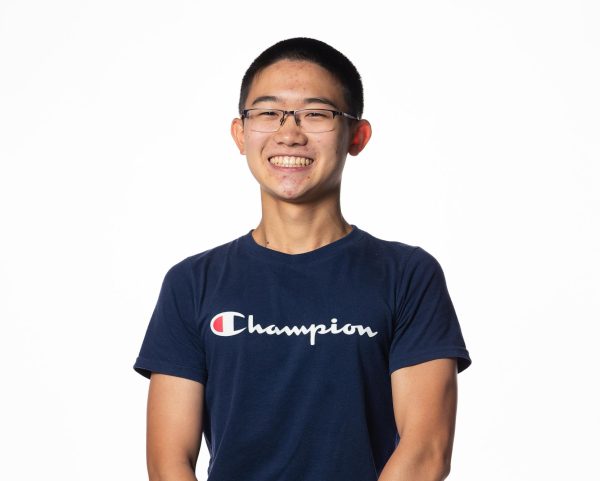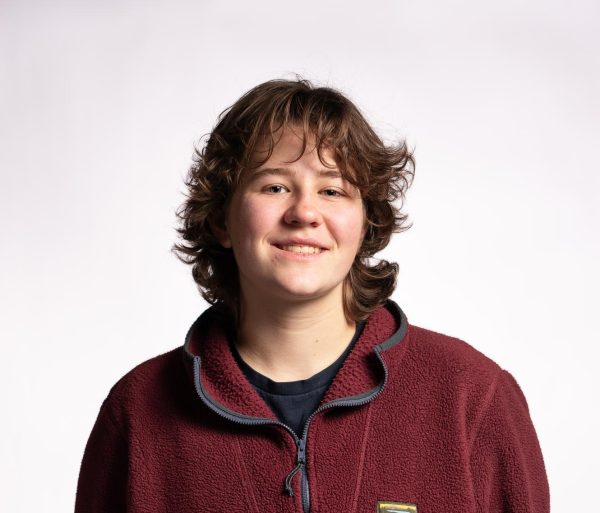The room is silent. The chemicals in the IV slowly flow into his body through the needle in his arm. A minute passes, 10 minutes, an hour, more. The effects creep up together. Headaches, nausea, heartburn, confining him to his hospital bed. He’s tired, but he can’t sleep. He can’t sleep, but he can’t move. There is nothing in his world but dull, throbbing pain.
Of all the illnesses in the world, none inspire as much terror to modern hearts as cancer. It flowers over months or even years unseen, killing silently. According to the National Cancer Institute, 39.5% of men and women will be diagnosed with cancer in their lifetimes. An estimated 610,000 Americans died of cancer in 2023 alone. Like most other diseases, it is nightmarish in more than one way: it is unimaginable. But for math teacher Drew Calandrelli, it was a reality.
Diagnosis
In March 2017, Drew noticed a lump in his body. Believing it to be a cyst, he went to his doctor to have it checked on. He underwent an ultrasound examination, and then the results came back.
“The doctor [said], ‘It’s cancer,’” Drew said. “And I was like, ‘Oh, crap. That was not what I expected.’”
His family reacted similarly.
“When he gave us the news, I remember going numb,” his mother Kimberly Calandrelli said. “At that very moment, my entire world collapsed. I wanted to scream, cry, and vomit, all a
t the same time, but I knew I needed to be strong for Drew. He sat us down, explained what kind of cancer he had and what he would probably be facing. I felt so helpless. I knew nothing about this disease. All I heard was the word cancer and I was terrified.”
Drew had embryonal carcinoma, a relatively rare cancer where escaped sex cells grow as tumors. The cancer had quickly spread to his lymph nodes. While early stage cancer can be removed with surgery alone, Drew’s cancer was more advanced and required chemotherapy. Involving injecting chemicals into the body to target fast-growing cells, chemotherapy can effectively deal with cancer cells but also causes immense collateral damage.
“It was hard to believe that this poison they were putting into his body was making him better,” Kimberly said. “He lost all of his beautiful hair and his skin tone turned grayish. The chemo made him sick and weak.”
Aside from making him lose his hair, chemotherapy had numerous negative effects on Drew. It attacked his stomach and his esophagus, forcing him to take acid reflux pills. It hampered his nervous system, which to this day hasn’t perfectly recovered. But most devastating of all were the effects on the brain.
“It’s almost like your brain isn’t smart enough to do things anymore,” Drew said. “I wasn’t smart enough to watch movies. I wasn’t smart enough to play video games. My brain was going 20,000 miles per hour, and it took a while for it to get back to being able to focus on things.”
The Calandrelli family was deeply shaken by the crisis. At the time of his diagnosis, Drew’s wife Savannah was pursuing a PhD in biomedical science. Even though she’d extensively studied cancer, Drew’s illness devastated her.
“Nothing prepares you for cancer impacting so close to home,” Savannah said. “I think both Drew and I struggled to come to terms with the fact that we were not invincible and that sometimes our health is completely out of our control.”
Savannah used her medical knowledge to help Drew throughout the treatment process.
“She knew what questions to ask and was able to explain the confusing medical jargon in terms we could understand,” Drew’s father Brad Calandrelli said. “She was a godsend. She is the one who helped him through the darkest period of his life.”
Recovery
As the months went on, the chemotherapy worked its magic, and Drew’s cancer gradually subsided. On July 3, 2017, Drew underwent his last chemo treatment.
“The day he got to ring the bell after his last chemo treatment at the hospital is a day I will never forget,” Kimberly said. “The halls were lined with family and friends, along with all the nurses who helped him. Everyone was holding balloons, clapping and cheering for him.”
But the process wasn’t done there. Even years after treatments end, patients often get follow-up checkups to prevent a resurgence of the cancer.
“One of the things with cancer that I didn’t realize going in was how long the disease is,” Drew said. “Even after a person is cured of cancer, there’s so much more follow up and so much more after that. There’s scans and tests every three to six months, and whether or not you’re under active treatment, you’re still under surveillance.”
But as Savannah puts it, “All’s well that ends well.”
Reflections
For the Calandrelli family, Drew’s struggles cast cancer in an entirely different light. Even though they’d been Partner’s in Hope with St. Jude Children’s Research Hospital for over 35 years, it was only after Drew’s bout with it that they saw cancer in its true magnitude.
“During Drew’s treatments at the cancer center, I saw how prevalent cancer is,” Brad said. “The cancer center was full of patients going through the same agonizing treatments that Drew was going through. Unfortunately, not all of those other patients have had the same positive results that Drew had. Almost everyone knows a family member or a friend who has been diagnosed with cancer. Chronic illness certainly takes a physical and emotional toll not only on the person who is sick, but also on all their family and friends as well.”
Drew’s experiences also gave him a heightened awareness of those less able in society. Many buildings in our communities are inaccessible to people in wheelchairs. The ill and disabled also commonly struggle with childcare, shopping and day-to-day activities in general.
“The Americans with Disabilities Act in the 1990s was great, but we have so much further to go,” Drew said. “There’s a lot of accommodations that people with chronic illnesses and disabilities need to live in society but there’s still so many gaps.”
But as much as their experiences changed the Calandrellis’ views on society at large, it also changed the dynamic of their own family.
“Drew’s experience with cancer allowed us to live in the moment more,” Savannah said. “I think we have a much greater appreciation for the day-to-day, and as a family, we really prioritize making memories and experiences. We take every opportunity to visit friends and family, go on vacation and take our son on adventures that he enjoys. For us, this is so much more important than driving new cars or chasing every promotion or career move that would take us away from spending time together as a family unit.”
But as much as Drew was changed by his experiences, some things stayed the same.
“Drew never complained once throughout this process,” Brad said. “During this difficult time, Drew was more concerned about his parents and tried to shield us from all of the pain and suffering he was going through. I have learned that Drew is one of the toughest people I know.”


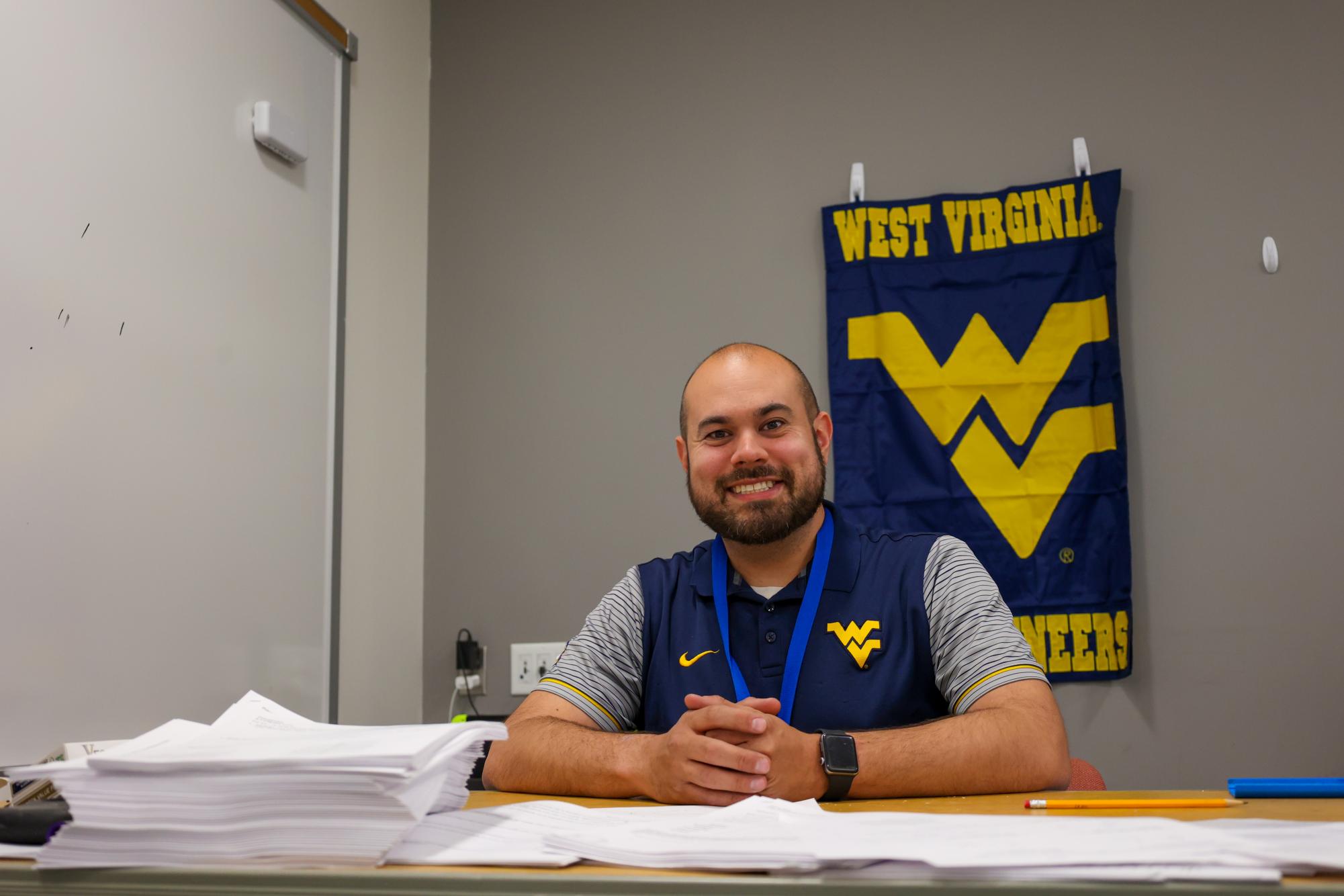
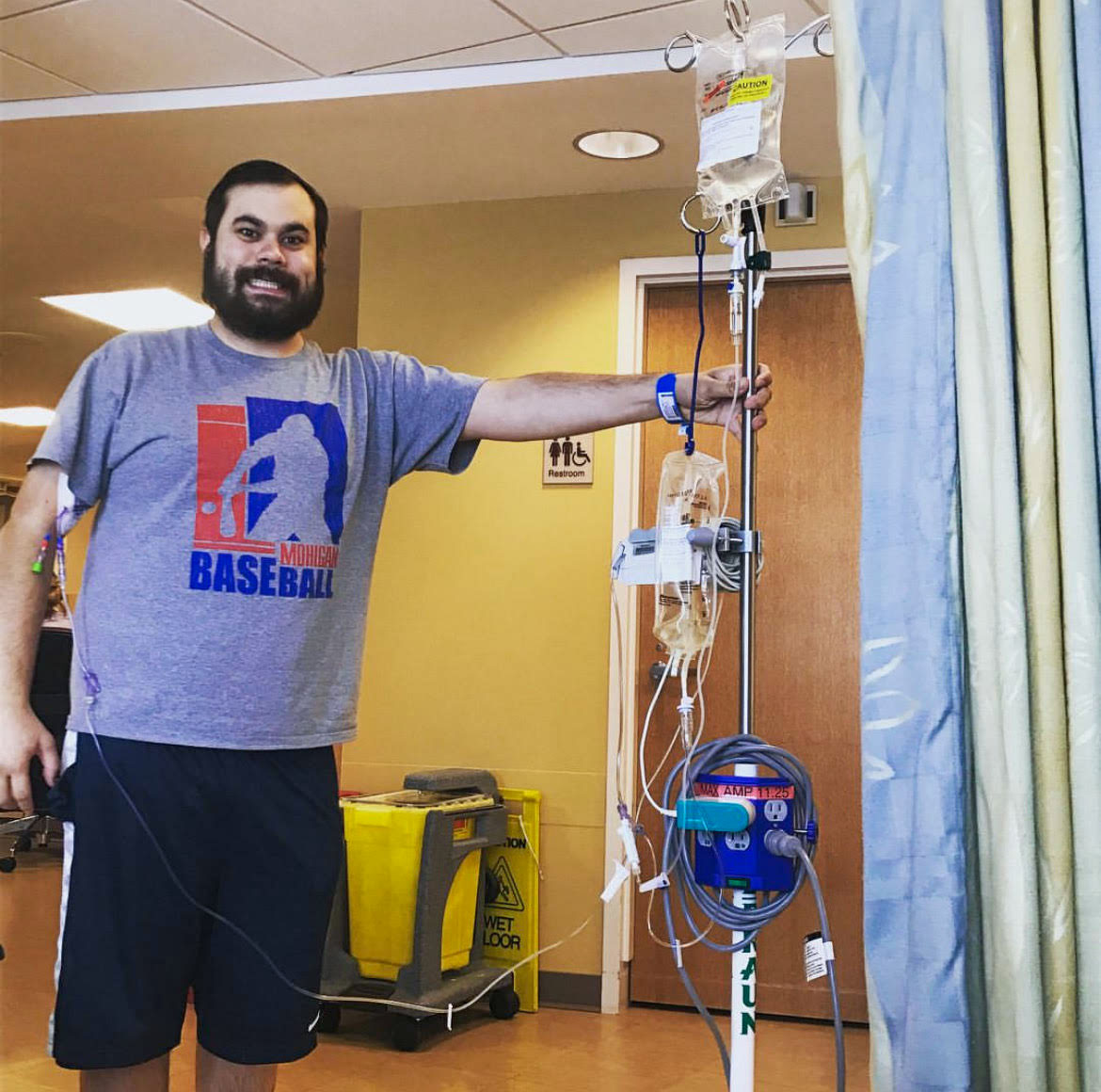
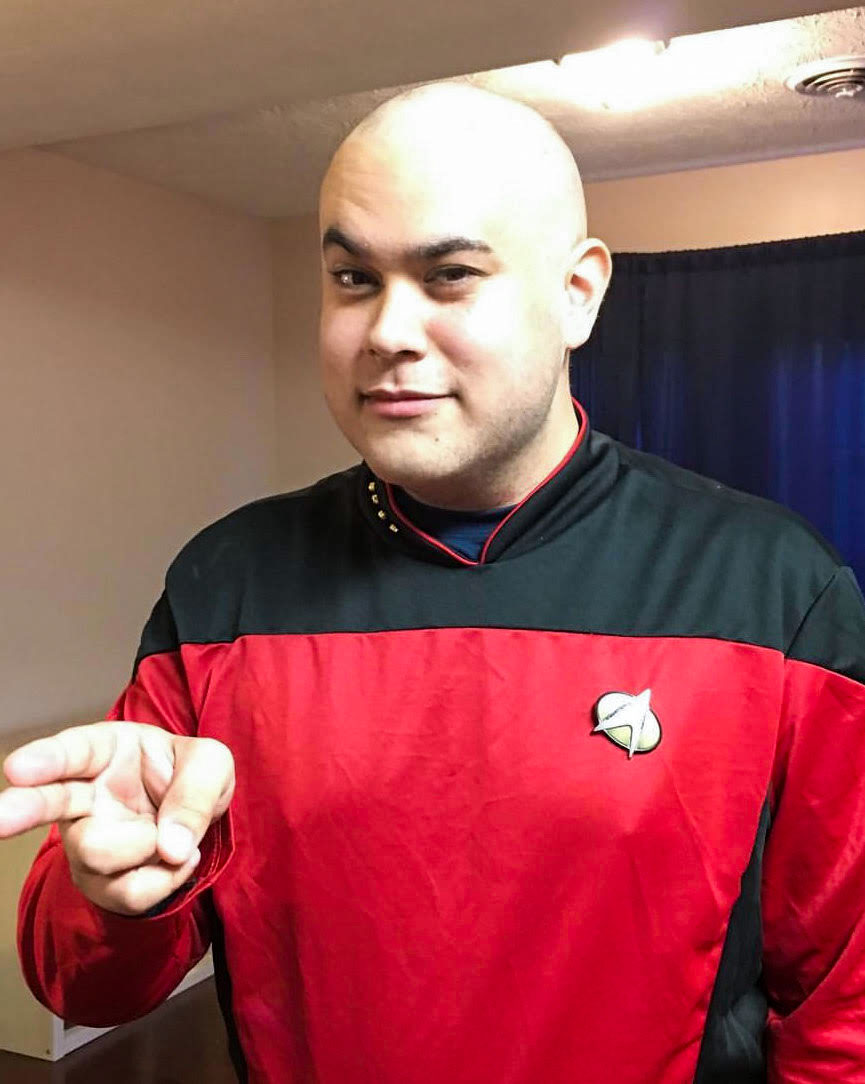
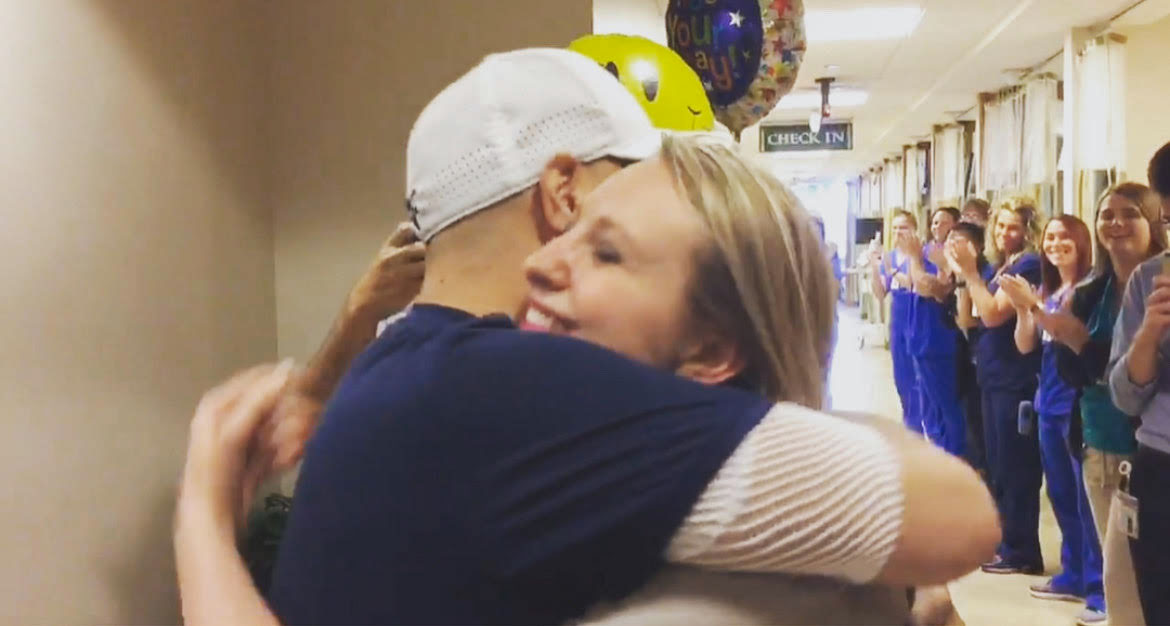
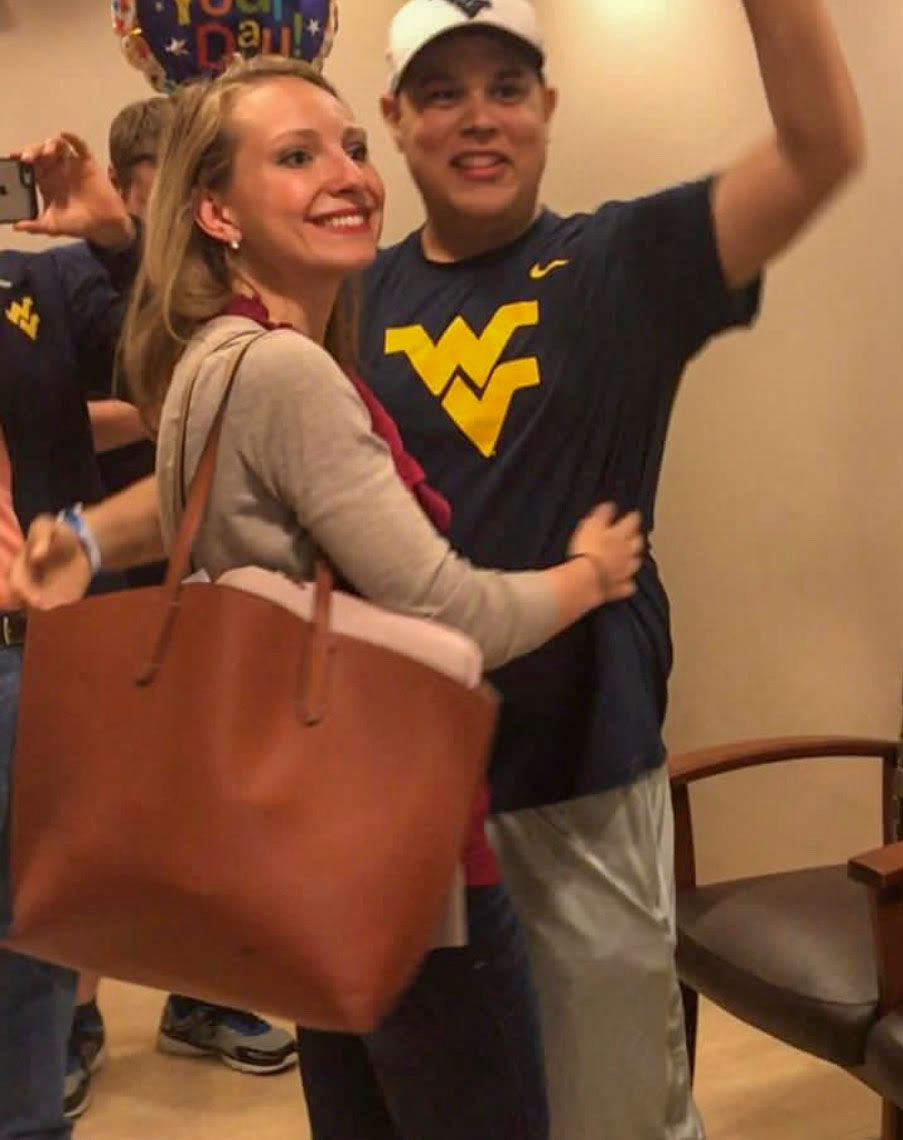
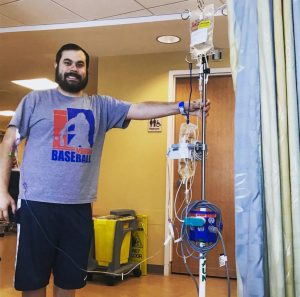
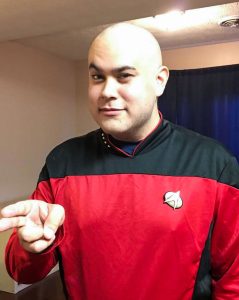
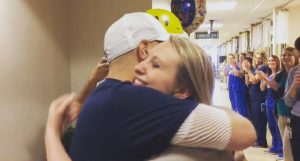



![School resource officer Rick Ramirez sits in his office. He usually spends little time in his office throughout his day of work, focusing on other issues. “Where our students are, I try to be,” Ramirez said. “Sometimes I get off at 2:45 p.m. when nothing’s going on, or sometimes I get off at 10 p.m. [Those are] my hours.”](https://laduepublications.com/wp-content/uploads/2024/12/Hsiao_20241203_ID_RickRamirez_007-799x1200.jpg)
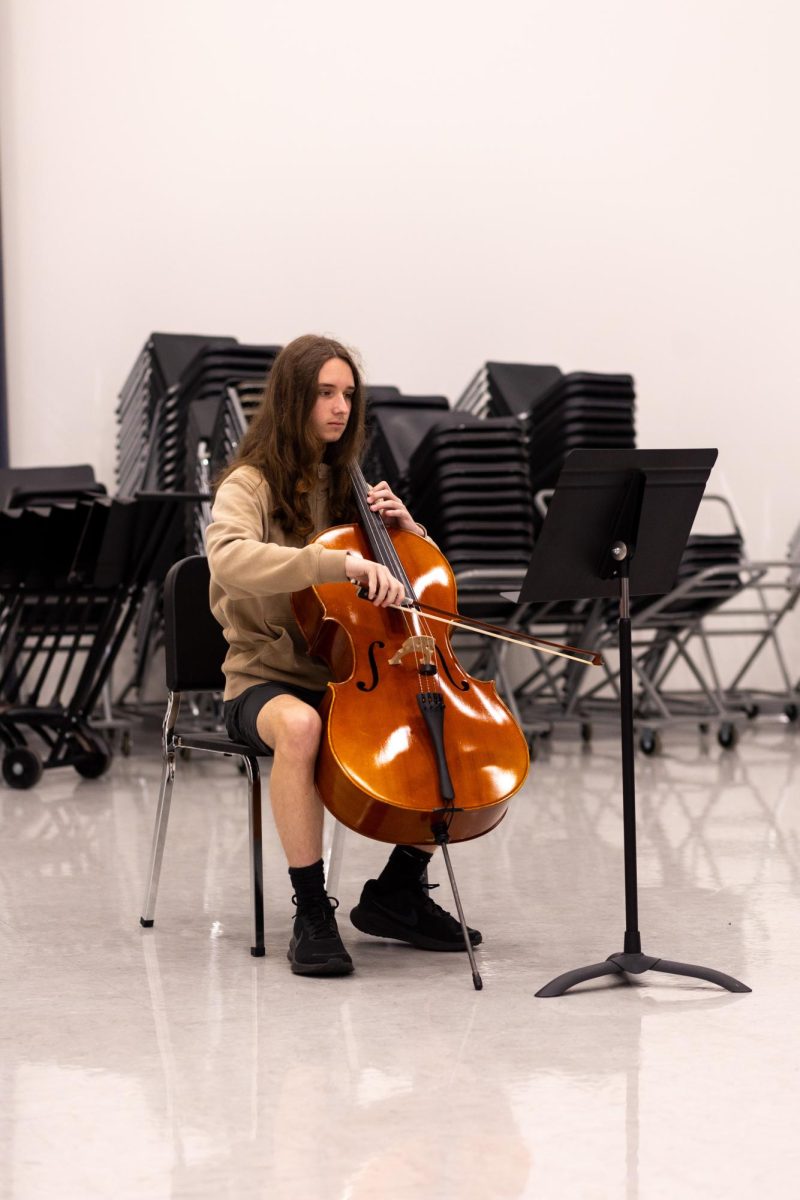
![Reva poses in front of her home and address plaque. After reuniting with her father and grandparents, she has made many new memories and retained her culture. “We have a lot of Indian cooking going on,” Reva said. “I also like telling people about Indian food, mainly because that’s something that really connects me to [Mumbai].”](https://laduepublications.com/wp-content/uploads/2024/12/At-Home-1200x799.jpg)

